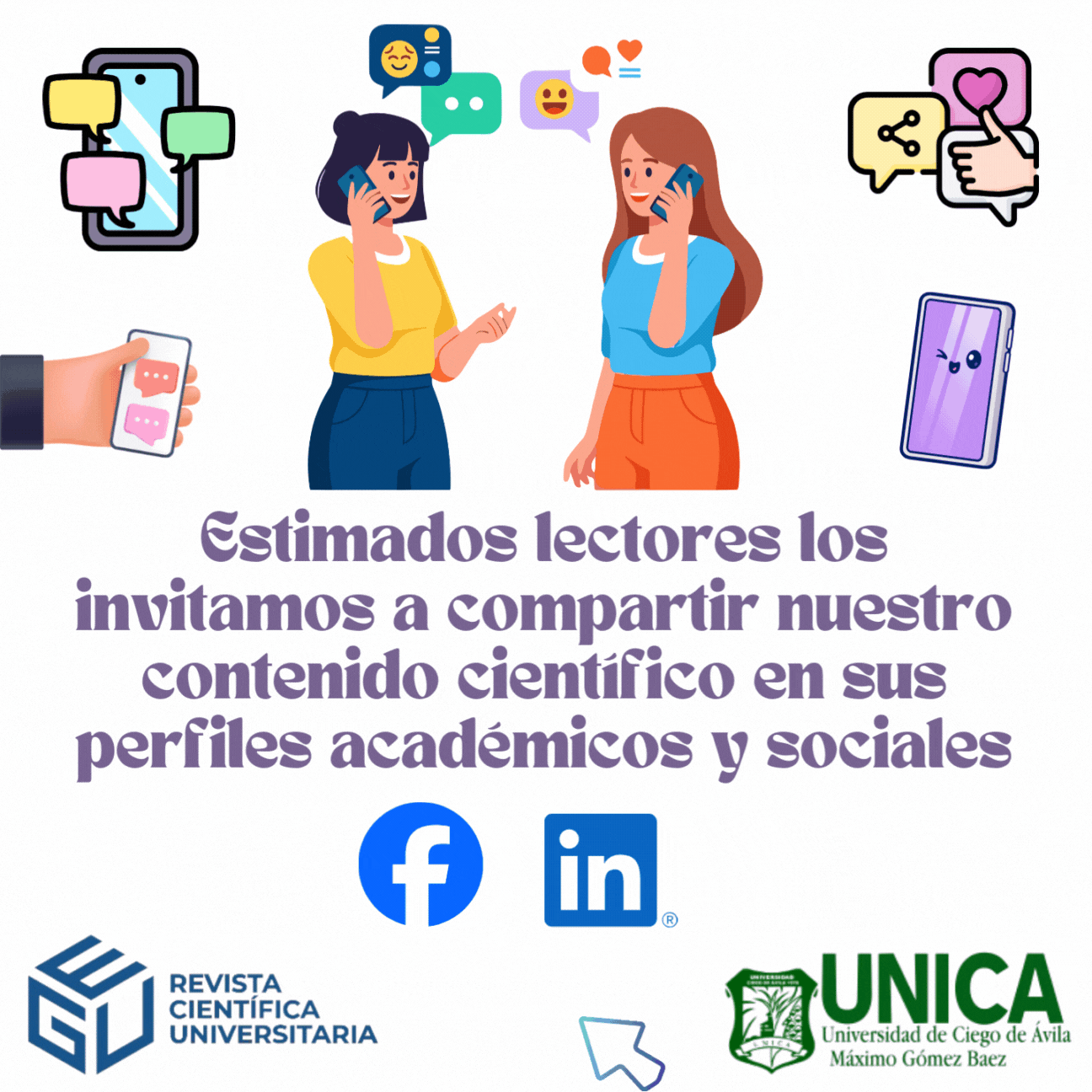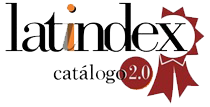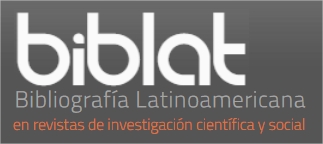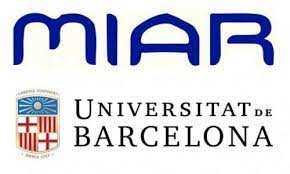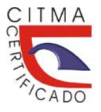
About journal
About the Journal
Focus and Scope
Estrategia y Gestión Universitaria is an academic publication of the University of Ciego de Ávila Máximo Gómez Báez. It is published semiannually and applies continuous publication. Papers are accepted in Spanish, English, and Portuguese to facilitate its international reach. It is open access and free of charge, and therefore there are no submission or article processing fees (APC) for either authors or readers. The journal adheres to the publication standards of the American Psychological Association (APA 7th Edition).
Mission
The mission of the journal Estrategia y Gestión Universitaria is to publish articles to contribute to the dissemination of knowledge, from the academic world, through original, high-quality scientific research that contributes to the study, analysis, and improvement of the management and strategic direction of Higher Education Institutions. This publication aims to build a strong academic community that promotes the exchange of experiences and best practices for the transformation and development of society. This serial publication aims to contribute to the dissemination of knowledge, the promotion of cultural and academic exchange, scientific development, and the training and improvement of the performance of university professionals in the fields of university management and strategic direction in the Ibero-American region.
The thematic profile of the journal covers, among others:
1-Knowledge management and organizational learning in universities
2-Strategic management of university processes
3-Management of undergraduate, graduate, and university outreach processes
4-Leadership, research networks, and strategic alliances (internationalization)
5-Institutional assessment, university accreditation, and quality in the positioning of higher education institutions
6-University management in the quality of research and scientific publication
7-Strategy and sustainability in higher education
8-Innovation in governance and decision-making in higher education
9-Technology as a function of university management
10-Evaluation of the impacts on local, social, and community development from university management
11-Gender equality policies in higher education
12-Management of artificial intelligence and its applications in higher education
13-Human talent management in universities (competency-based training)
14-Foresight in higher education
15-Evaluation of social responsibility in the university context
History of the Journal
Estrategia y Gestión Universitaria is a scientific journal created in 2013 at the initiative of the Strategic Management Network of Higher Education (RED-DEES) in collaboration with the Scientific and Technical Information Directorate (DICt) of the University of Ciego de Ávila Máximo Gómez Báez. It is affiliated with this educational institution and, since its creation, has fostered the exchange of knowledge between researchers and professionals from different backgrounds. The journal has supported and assisted institutional and international events, as well as offered training workshops that have been widely accepted and have generated greater visibility. The journal's presence on social media has had a positive impact, as evidenced by the increased reach of its publications.
Publication Frequency
Since 2020, the journal’s articles have been published as soon as they are ready under a continuous publication model. The first issue opens on January 1 and closes on June 30, and the second issue opens on July 1 and closes on December 31. Starting January 1, 2026, the journal will maintain the continuous publication system, but no longer on a semiannual basis; instead, it will be organized into a single annual volume.
Types of Articles that are Published
Scientific and technological research article: Communicates unpublished results of research, including theoretical and/or methodological contributions, as well as practical experiences from which novel theoretical and methodological generalizations can be extracted.
Review articles: They present a critical analysis in some of the areas of interest of the journal, providing novel aspects and/or revealing gaps in science.
Stages of the Editorial Process
The stages of the editorial process for articles submitted to EGU are captured in
an infographic that is permanently anchored in the form of an image on the side panel
of the journal.
For complaints and claims
Filing Complaints:
- Authors or reviewers must send their complaint exclusively to the email address estrategiaygu@gmail.com outlining the case and presenting arguments to support your claim.
- The complaint must clearly state the facts, be supported by solid arguments, and provide sufficient information to suggest a possible violation of editorial ethics.
- It is mandatory to include contact information: full name, email, and phone number. For anonymous complaints, a response will be sent to the sender's email address.
Evaluation and response:
- The Director of the journal will analyze the complaint while maintaining confidentiality and will manage a response within a maximum period of three (3) business days.
- Complex cases will require additional time, with the complainant being notified in a timely manner.
- Complaints outside the scope of the journal (e.g. personal conflicts) will be rejected with a formal explanation.
Research and decision:
- When the reason for the complaint or appeal involves a breach of any of the established good ethical practices, the procedure will be followed as dictated by COPE (Committee on Publication Ethics) and adapted by EGU.
- The journal may request additional information or documentation to clarify the facts.
Exclusions and penalties:
- Complaints containing offensive, defamatory, or threatening language will not be processed.
- Unfounded, false or malicious complaints may be referred to legal authorities or to the reporting institution affiliated with the reporting party (if known).
Institutional commitment:
- The Editorial Committee will ensure prompt responses and ensure the processing of all complaints.
Charges
The Journal "Estrategia y Gestión Universitaria" does not charge any fees for the submission, evaluation, and publication of submitted articles, nor for authors and readers. Peer reviewers do not receive any financial compensation for their valuable contribution.
Sponsors
Directorate of Scientific and Technical Information (DICT)
University of Ciego de Ávila “Máximo Gómez Báez”

